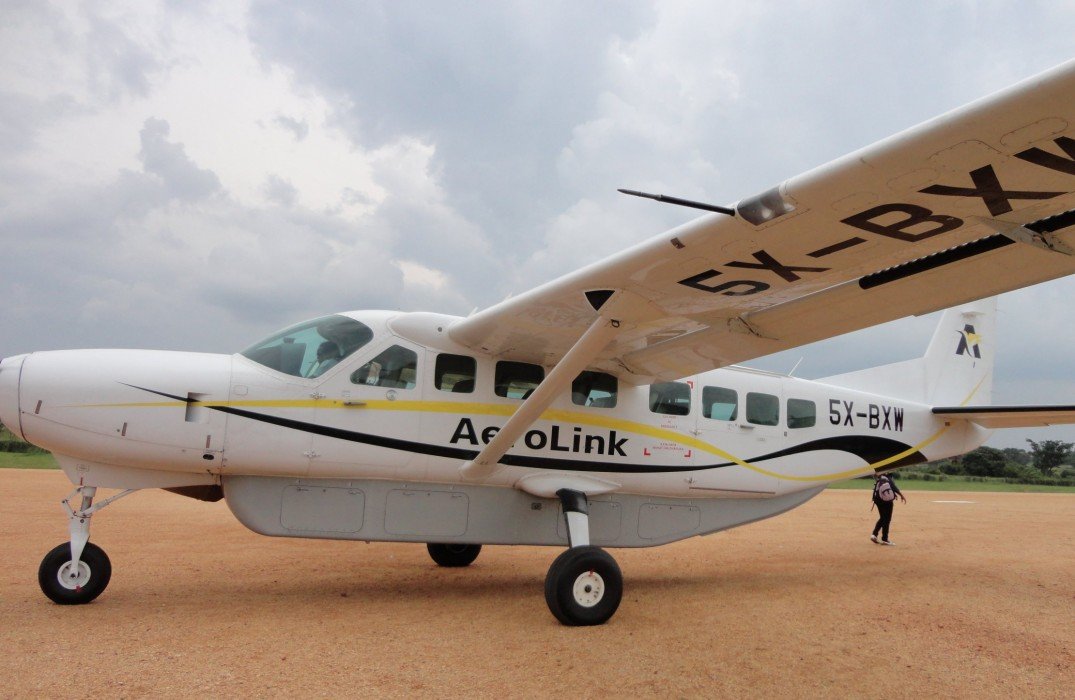Kisoro Airstrip in Bwindi
Nestled amidst the picturesque landscapes of southwestern Uganda lies a gateway to adventure and natural splendour: Kisoro Airstrip. Tucked near the borderlands of Rwanda and the Democratic Republic of Congo, this modest airstrip serves as a vital link to the magnificent Bwindi Impenetrable National Park. A place of awe-inspiring biodiversity and the sanctuary of the iconic mountain gorillas, Bwindi beckons intrepid travellers to its heart.
- Regional Airlines and Private Charter Companies:
- Private Charters:
- Flight Availability:
- Booking in Advance:
- Communication with Operators:
- Flexibility and Contingency:



